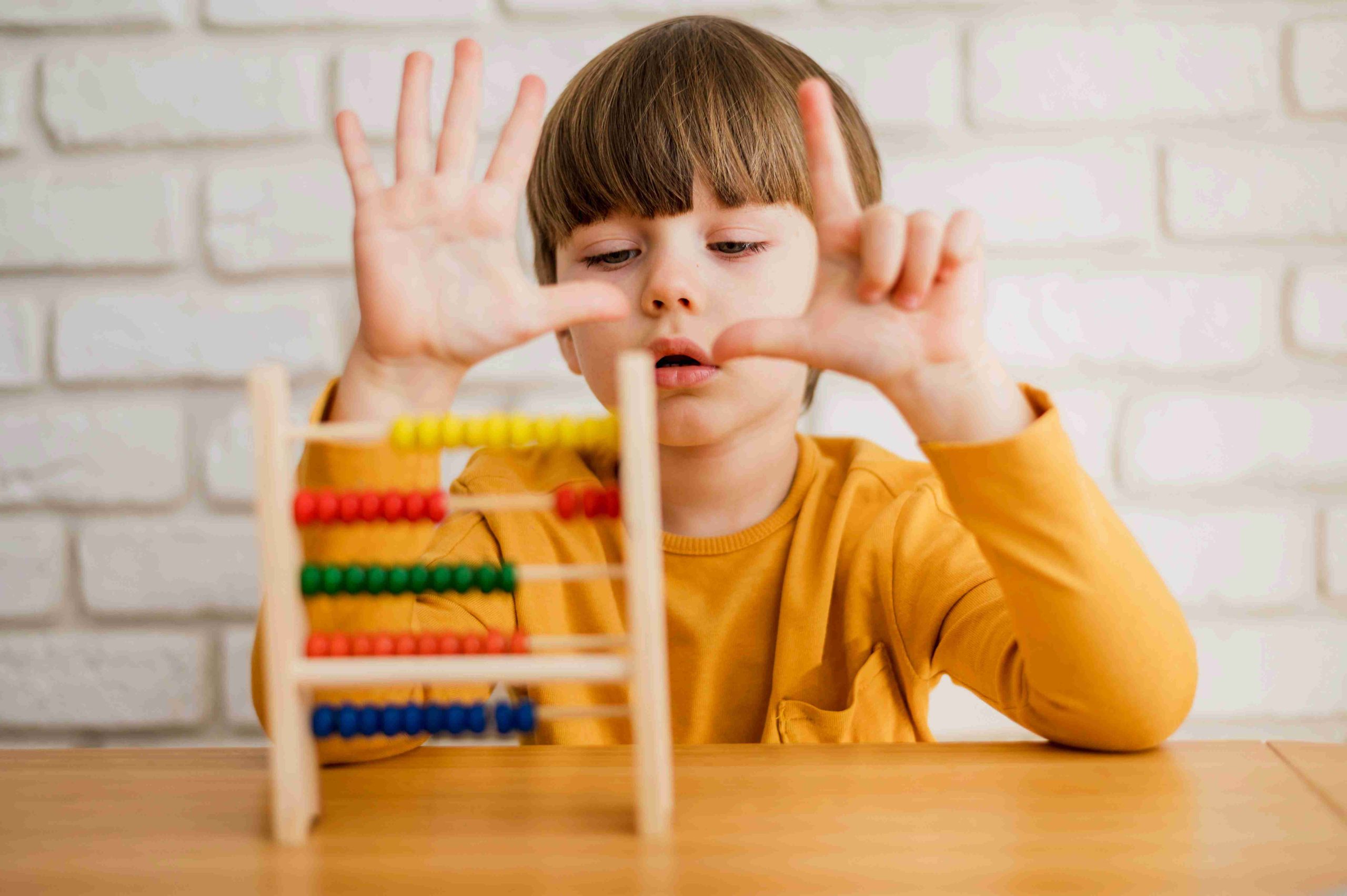
Developing Number Sense: How High Should Preschoolers Count?
As preschoolers embark on their early childhood education journey, developing number sense is crucial for their mathematical development. Number sense involves understanding numbers, counting, recognizing numerals, understanding quantity, and basic mathematical concepts, laying the foundation for later skills like addition and subtraction. But how high should preschoolers count? Let’s explore this topic in detail, considering developmental milestones and influencing factors.
Understanding Counting as a Process
Counting is fundamental to number sense. It’s more than reciting numbers; it’s grasping counting as a process. Preschoolers often begin with rote counting, reciting numbers without understanding their meaning. As they progress, they grasp one-to-one correspondence and the cardinality principle, essential for understanding quantities.
Counting Skills and Developmental Milestones
Preschoolers’ counting skills follow a general sequence of milestones:
- By age 2: Many can recite numbers up to 10 or higher but may not fully understand counting as a process.
- By age 3: They start understanding one-to-one correspondence and may count up to 10 or higher, but cardinality comprehension may still develop.
- By age 4: They typically demonstrate better understanding of counting principles and may count up to 20 or higher, starting to grasp basic addition and subtraction.
- By age 5: Most have a solid understanding of counting principles, may count up to 30 or higher, and grasp more complex mathematical concepts like skip counting and basic multiplication and division.
Factors That Influence Number Sense Development
Several factors impact number sense development:
- Environment: A rich mathematical environment with counting, sorting, and comparing opportunities fosters stronger number sense.
- Experiences: Daily activities involving counting, like playtime or grocery shopping, provide meaningful experiences for number sense development.
- Language and Communication: Rich language experiences discussing numerical concepts enhance number sense development.
- Individual Differences: Each child develops at their own pace, requiring individualized support based on their developmental level.
Tips for Supporting Number Sense Development in Preschoolers
Here are strategies for educators, caregivers, and parents:
- Create a Math-Rich Environment: Engage preschoolers in hands-on math activities using manipulatives like counting blocks and dice.
- Use Everyday Experiences: Incorporate math into daily routines like counting stairs or measuring ingredients.
- Encourage Math Talk: Use descriptive language and open-ended questions to promote mathematical discussions.
- Play Math Games: Utilize board games, card games, and online math games for interactive learning.
- Individualize Instruction: Provide tailored support based on each child’s developmental level and pace.
- Make it Fun and Engaging: Use playful activities to spark preschoolers’ curiosity and interest in numbers.
Conclusion
Developing number sense is crucial for preschoolers’ mathematical journey, setting the stage for future success. By understanding milestones, influencing factors, and implementing effective strategies, we can support preschoolers in building a strong foundation in mathematics.
The Importance of Number Sense in Early Childhood Education
Number sense is foundational for preschoolers, enabling them to understand and work with numbers meaningfully. A strong number sense correlates with better mathematical achievement, problem-solving skills, and confidence in later years.
Factors that Influence Number Sense Development in Preschoolers
Key factors impacting number sense development include the home environment, quality of instruction, early counting experiences, language skills, and individual differences among children.
Tips for Supporting Number Sense Development in Preschoolers
Practical strategies for educators, caregivers, and parents include creating math-rich environments, incorporating math into daily routines, using descriptive language, fostering math talk, providing counting opportunities, playing math games, celebrating mistakes, and offering individualized instruction.
The Importance of Creating a Math-Rich Environment for Preschoolers
A math-rich environment with diverse materials, printables, books, games, and math centers fosters hands-on, interactive math experiences crucial for preschoolers’ number sense development.
The Role of Descriptive Language in Developing Number Sense in Preschoolers
Descriptive language aids in preschoolers’ understanding and communication of mathematical concepts, including quantity, size, shape, comparison, position, sequence, and problem-solving.
How High Should 3-Year-Olds Count?
While there’s no set answer, most 3-year-olds can count up to 10 or 20. However, the focus should be on understanding counting principles rather than reaching a specific number. Supporting their overall number sense development is essential.
Conclusion
While there’s no fixed number, understanding counting principles is crucial for preschoolers. By focusing on comprehension and providing a supportive environment, we can foster a strong foundation in number sense, setting them up for mathematical success.


